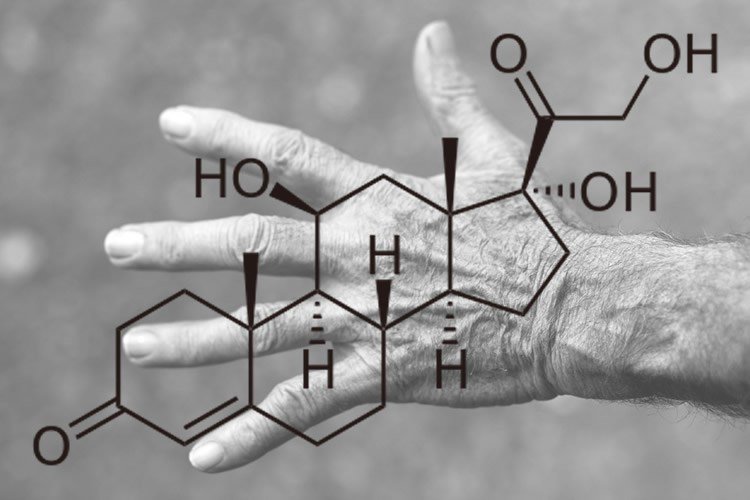A new report on the stress hormone ‘cortisol’ explains how our ability to improve perceptual learning and performance (human cognition) gets completely blocked during stress.
For everyone of us, stress is unavoidable; but, what it does to our senses is beyond the known adverse effects on our memories, according to the findings carried out by neuroscientists of the Ruhr University Bochum (RUB).
Previous research has already shown that stress can prevent the retrieval of memories. But now we have discovered that it also has a major effect on our perception and perceptual learning, explains Dr Hubert Dinse, one of the authors of the study.
Researchers setup a study to find out how the sense of touch of participants could be altered after a training phase -using the well-established approach of passive finger stimulation (a method that ensures an improved tactile acuity).

Half of the 30 participants were given the stress hormone ‘cortisol,’ while other half took a placebo drug.
Tactile performance was then assessed using the so-called “two-point discrimination threshold.”
The study records no learning effect in the cortisol group – the cortisol given, blocked the stimulation-induced improvement. While the placebo group recorded improvement in their tactile acuity by about 15 percent.
Prof Dr Oliver T.Wolf, Cognitive psychologist explains:
Our data show that a single dose of cortisol not only disrupts memory in the hippocampus, but it also has a substantial effect on the plasticity of sensory areas of the brain.
Read also: Why You Shouldn’t Go To Bed Angry
The researchers suggest the suppression of hippocampal long-term potentiation (LTP), as previously reported in cellular studies, may explain the perceptual learning impairments observed in the study.
Image (PFImage): Neurosciencenews REFERENCE Hubert R. Dinse, Jan-Christoph Kattenstroth, Melanie Lenz, Martin Tegenthoff, and Oliver T. Wolf. “The stress hormone cortisol blocks perceptual learning in humans.” Published in Psychoneuroendocrinology. doi:10.1016/j.psyneuen.2016.12.002